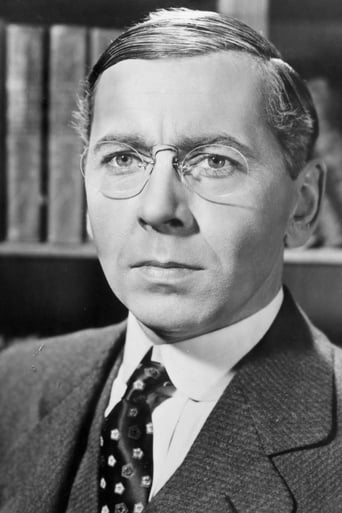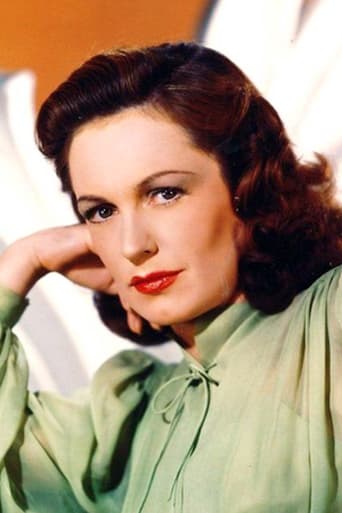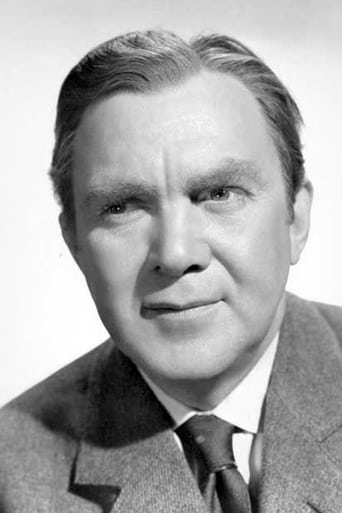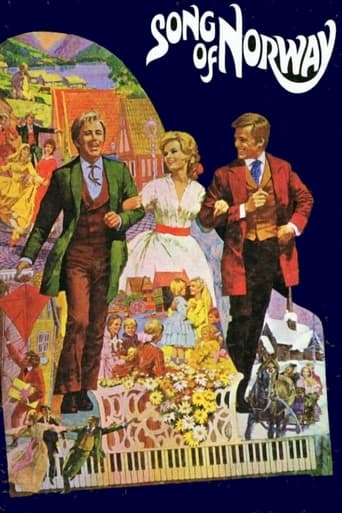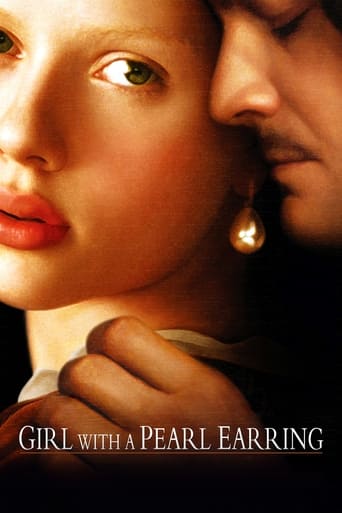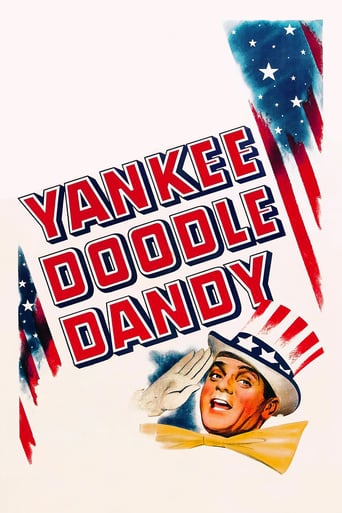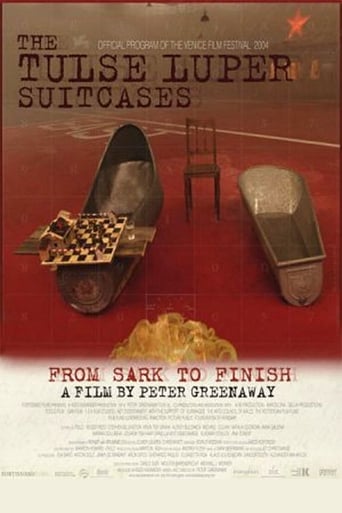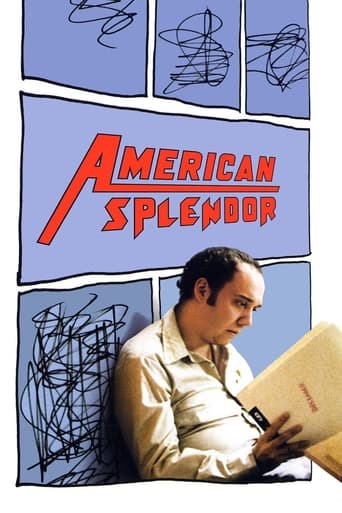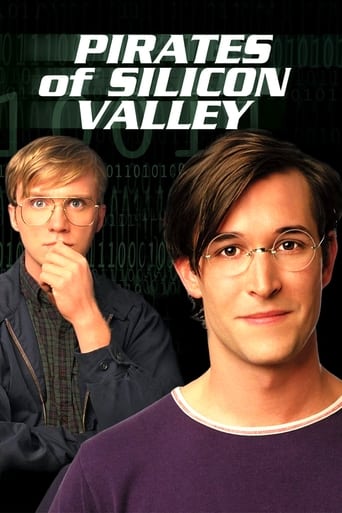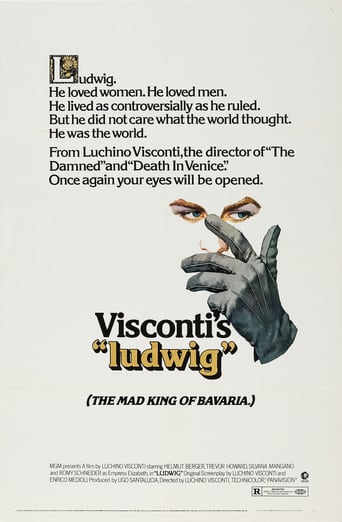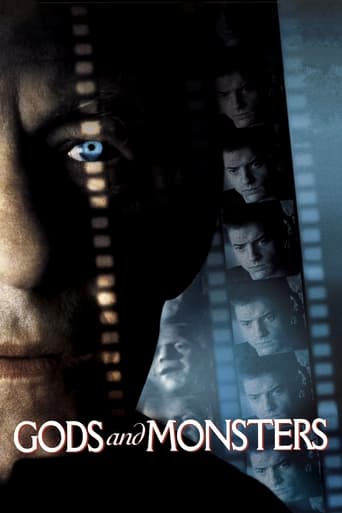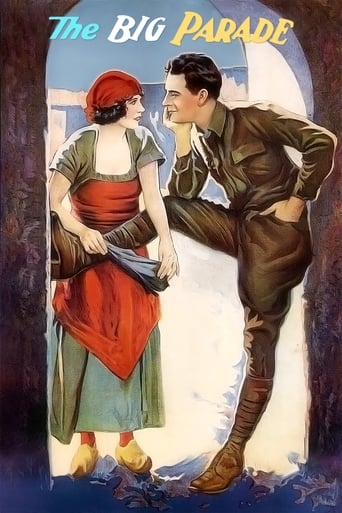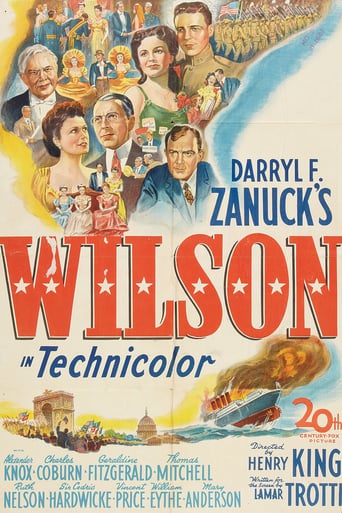
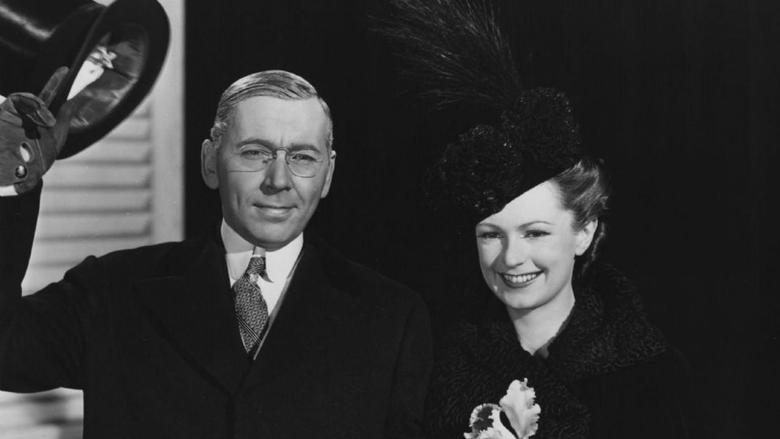
Wilson (1944)
The political career of Woodrow Wilson is chronicled, beginning with his decision to leave his post at Princeton to run for Governor of New Jersey, and his subsequent ascent to the Presidency of the United States. During his terms in office, Wilson must deal with the death of his first wife, the onslaught of German hostilities leading to American involvement in the Great War, and his own country's reticence to join the League of Nations.
Watch Trailer
Cast
Similar titles
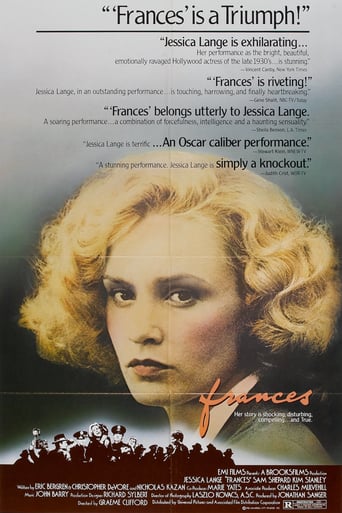
Reviews
To me, this movie is perfection.
As Good As It Gets
It's a good bad... and worth a popcorn matinée. While it's easy to lament what could have been...
There are moments in this movie where the great movie it could've been peek out... They're fleeting, here, but they're worth savoring, and they happen often enough to make it worth your while.
Described by the great British actor Roddy McDowall as "pure chloroform" it is not too difficult to see why a bio of the the most sociopathic and racist president in U.S. history since Jackson would put you to sleep - you edit out all the evil episodes of this freak's life and you end up with a snoozer. Woody got a break when he dropped dead in 1924, he didn't live long enough to see the judgment of Nuremberg. Strip out the racism, the segregation of the Army, the callous disregard of the rioting of the Red Summer of 1919, when this piece of human garbage stood by and did nothing while thousands of Americans were murdered in the streets. What's left? Only boredom. It's the best obituary this of trash could have hoped for, this man who , to paraphrase Churchill, represented the one of the most "discreditable" periods in American history.
It's interesting to read the reviews here of this film. For the most part, either quite positive or quite negative. And I have to come down on the negative side.First, the film is so historically inaccurate. What else could it be when you include anything positive about the subject, but exclude anything negative about the subject. And with Wilson -- despite the fact that I'm a middle-of-the-road Democrat, there's a whole lot of rather unsavory racial issues and a sense that a president should be autocratic and above it all, that is left out of this film. There is no mention of his racial beliefs. There is no mention that he felt that his decisions were made through him by God. This is the sort of Wilson biography you might expect to read in an elementary school history book back in the 1950s...that all Presidents were good or even great.And then there's the fact that the film is just playing boring...or should I say tedious? Perhaps the only parts that I truly enjoyed were the scenes at the convention. Not sure how accurate that was, but it was interesting to see how conventions might have been a hundred years ago. And what about his health? Throughout the film there is no mention of health issues, and then suddenly he's not supposed to go on his speaking tour because of his ill health. No groundwork had been laid for that.Alexander Knox was a fine actor, but it seemed as if Hollywood never quite knew what to do with him. He does well here as Wilson. The film has a pretty good cast, but beyond Knox, on one has a particularly strong part. If I had been Thomas Mitchell or Charles Coburn, I would have been particularly disappointed in their weak parts here. Perhaps Geraldine Fitzgerald as the second Mrs. Wilson did deserve a mention.Production standards were high, and it shows. Rather lavish. The award winning photography was hard to see in the version being shown on TCM...it really needs restoring of the clarity and crispness.I'm glad I saw it, but I'll never watch it again.
As was mentioned elsewhere, this was perhaps one of the first "big films" to win and compete for so many Academy Awards and be a flop at the box office. Now the divide between box office and critical acclaim is largely a predictable abyss, but it was still novelty in 1944.This was Darryl F. Zanuck's personal project, created after he returned from his service in WWII. Zanuck supervised every phase of production, and wanted to give Americans a film about an American that personified the ideals they were fighting for in Europe and in the Pacific - those of the equality of all men, and that Americans value peace but will fight if confronted and when they do fight, they pull out all the stops. In 1944, if one was to make a biopic about such a man, the obvious choice would be Woodrow Wilson. FDR might be a more obvious choice today, and his legacy has largely eclipsed that of Wilson, but at the time FDR was still alive and the sitting President, so portraying him in a biopic would be inappropriate.Alexander Knox was a perfect choice to play Wilson, looking, moving, and even talking just like him. Most might find this rather long at two and a half hours, and the Technicolor will not impress in the year 2013, and Wilson's views on race have been conveniently omitted, but I think it's time well spent to remember a President, a film, and an actor not often remembered today. As a special treat, you even get to hear Charles Coburn sing!
I agree with many of the comments posted here. I, too, was pleasantly surprised by this film. You always read what a box-office disaster the movie was, and you get the idea that it was a real turkey. On the contrary, I think it was a very well-made film. As many others have pointed out, it whitewashes some of Wilson's biography, and omits inconvenient truths about him, (such as some of his racial views and actions). It does point out his stubbornness in relation to the Treaty of Versailles and the League of Nations, though, and his reluctance to compromise on those things. So it isn't a total revisionist biography. It does outline the major events of his political career, and fairly accurately, I think. One thing that really strikes me on watching this film, is how well it captures the complexities of the American Presidency, and the hysteria that the public, and other politicians, often direct towards the president. I think many people, in any historical age, tend to think their generation is the first to experience certain kinds of events, such as war, depression, or political controversy. As we all know, these are timeless events, and though the particulars may change, the reactions to them don't change so much. As for politics, there are some wonderful scenes in the film of the Democratic Conventions of 1912 and 1916, that detail the serious issues, as well as the hoopla and occasional nonsense that has always marked those events. Marching bands, rural banjo players, pretty girls, etc., etc. And it also accurately details the hysterical attacks made against President Wilson- that he was weak, a waffler, a man out of his league, or a warmonger, even a traitor- comments that somehow bring to mind the outrageous things said about more recent presidents. As well as about everyone from Jefferson to Lincoln. It kind of puts it into perspective. People always say how uncivil our politics are now, which is true, but was it really different then?I'm also very impressed by Alexander Knox's performance, in which he really captures Wilson's character. Much as I love Bing Crosby, I think Knox should have won the Best Actor Oscar for that year. He is so convincing, and almost channels the President. Again, this IS a prettied-up picture of him, but I think it gets many of the essentials right. And, when compared to the paranoia in films like the Oliver Stone presidential biographies of Kennedy, Nixon, and Bush, I think this movie comes pretty close to the way it actually was. It is Movie History, but it seems to follow events fairly accurately. And it gives you a good feel about what it must have been like to be in the center of the storm. I think the film also recreates the period very well. The costumes seem accurate, the sets are realistic, the Technicolor photography is beautiful, and the contemporary music evokes the atmosphere of that time. The genuine newsreels add a lot of authenticity, too. I think the explanations for how the U.S. got into World War I are also pretty accurate, and detail what a moral struggle it was for Wilson to go to war. And, in the film, Wilson mentions the various conspiracy theories about the reasons for that war that have been in circulation since that time. Again, that reminds a person of the different conspiracy theories that swirl about our time, too.Anyway, I think this is a better film than it's given credit for. I think it is similar to the various mini-series made about Lincoln, Kennedy, and other presidents, in the TV age. It may not be complete history, but it's a good starting point for anyone interested in Wilson.Footnotes: character actor Dwight Frye, who is so beloved for his acting in "Dracula," "Frankenstein," and many other classic movies, was slated for the part of Newton D. Baker, Wilson's Secretary of War, in the film. As all Frye fans know, shortly before filming started, Frye tragically died of a heart attack, while riding on a bus. It's a shame, as the part might have turned his faltering career, and life, around.Also, in the scenes on board the train, just before Wilson has his stroke, you can see cars outside the window. It is supposed to be 1919 or 1920, but some of the cars look very contemporary- 1930s or 1940s cars. A goof, and very easy to see. But I don't think it really detracts from the movie in any serious way.
